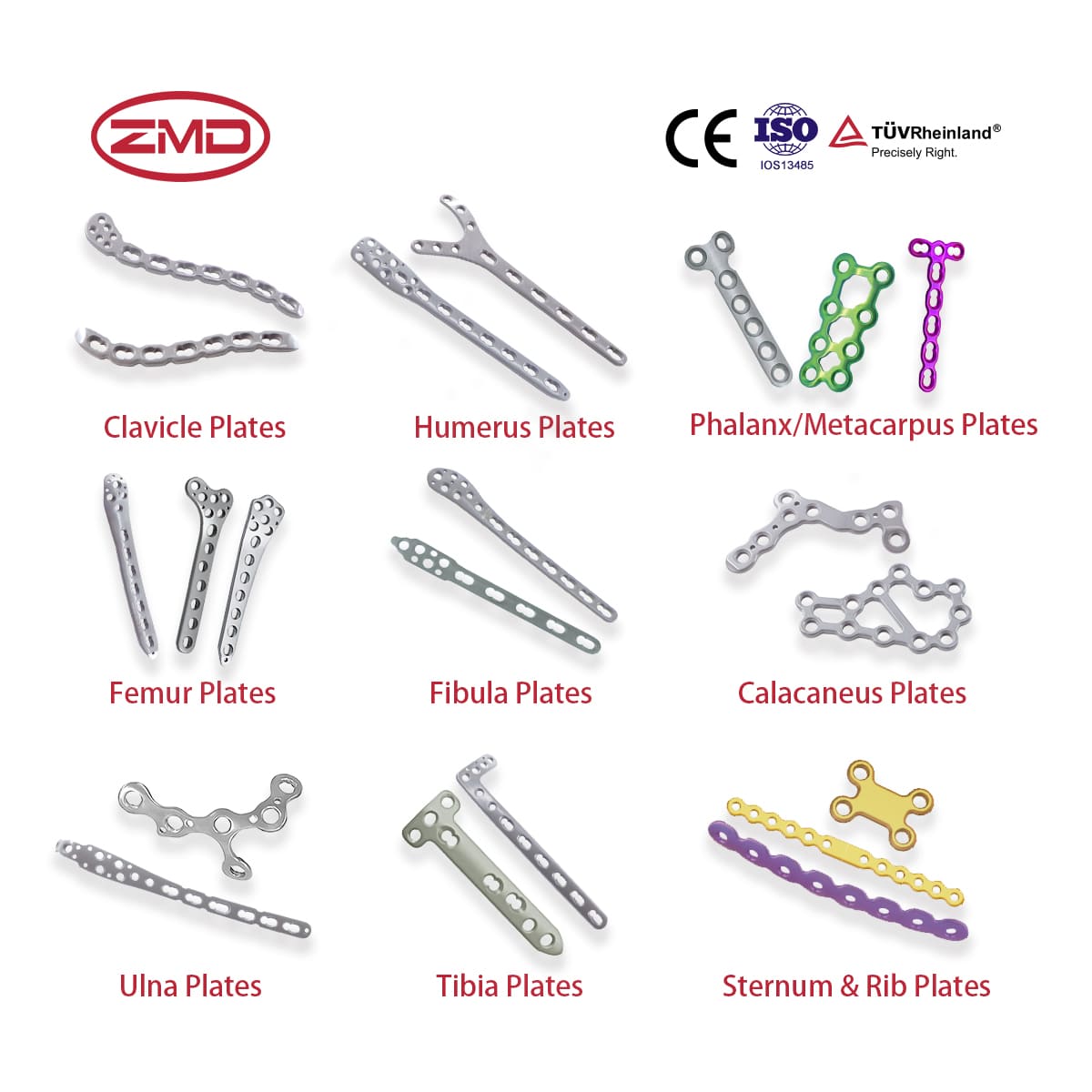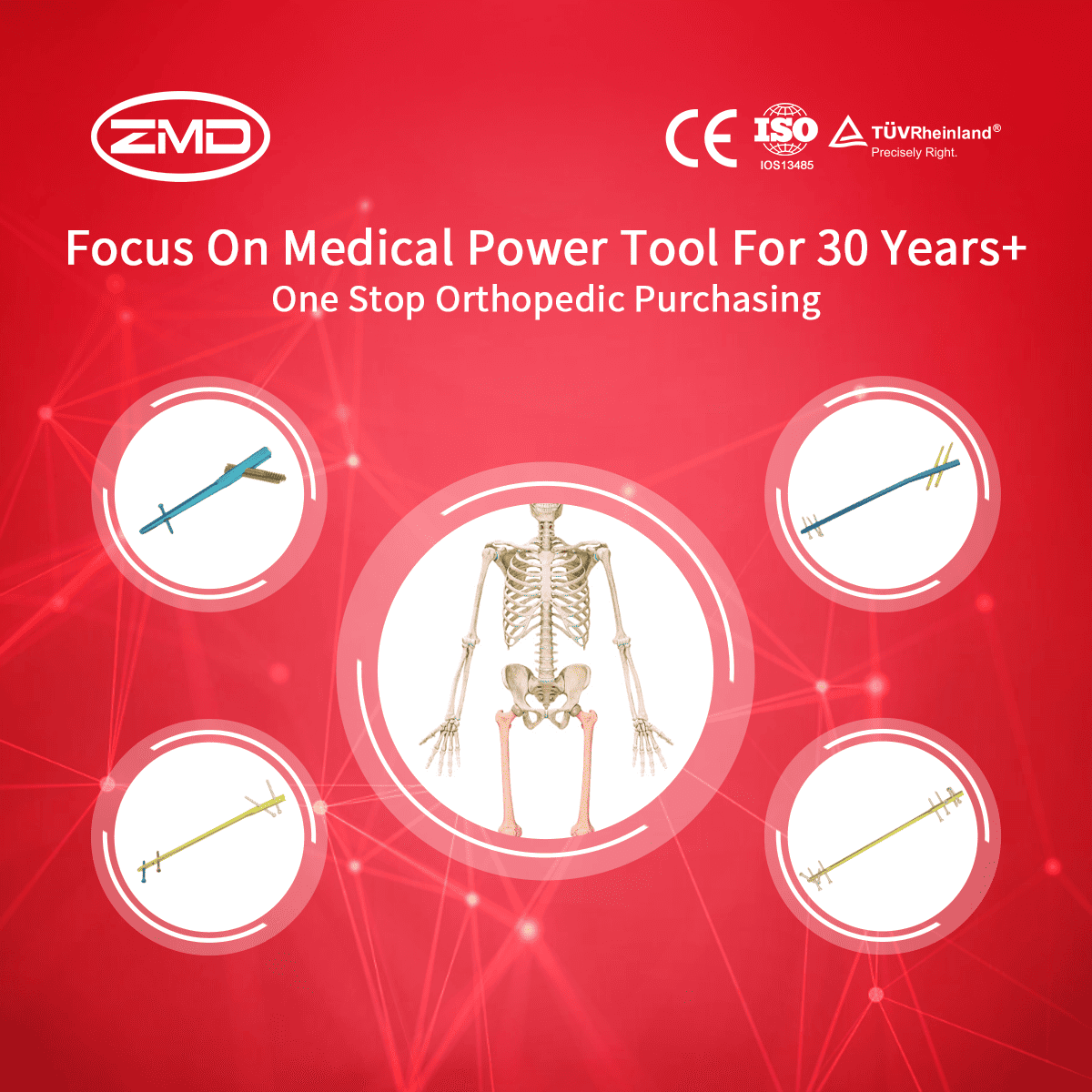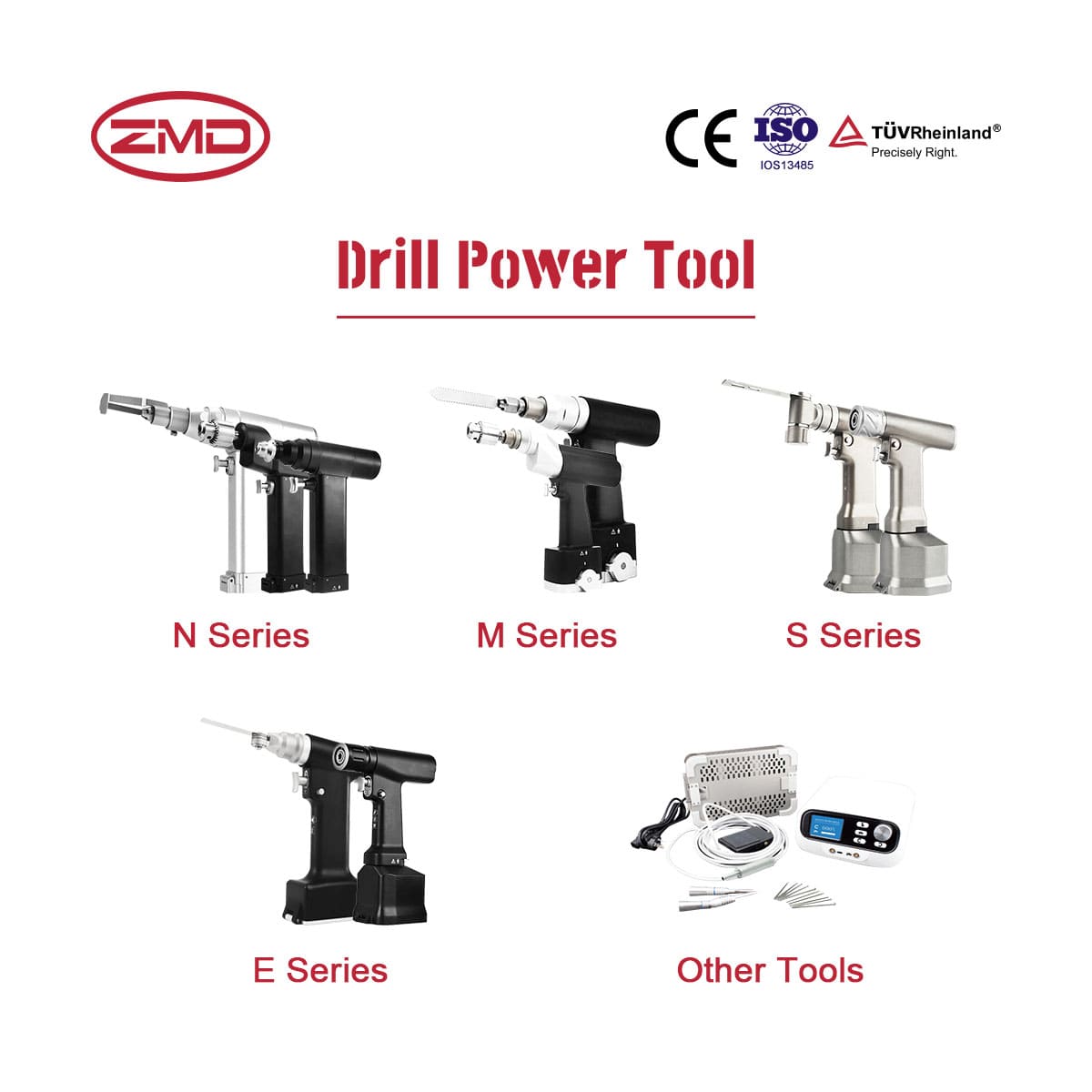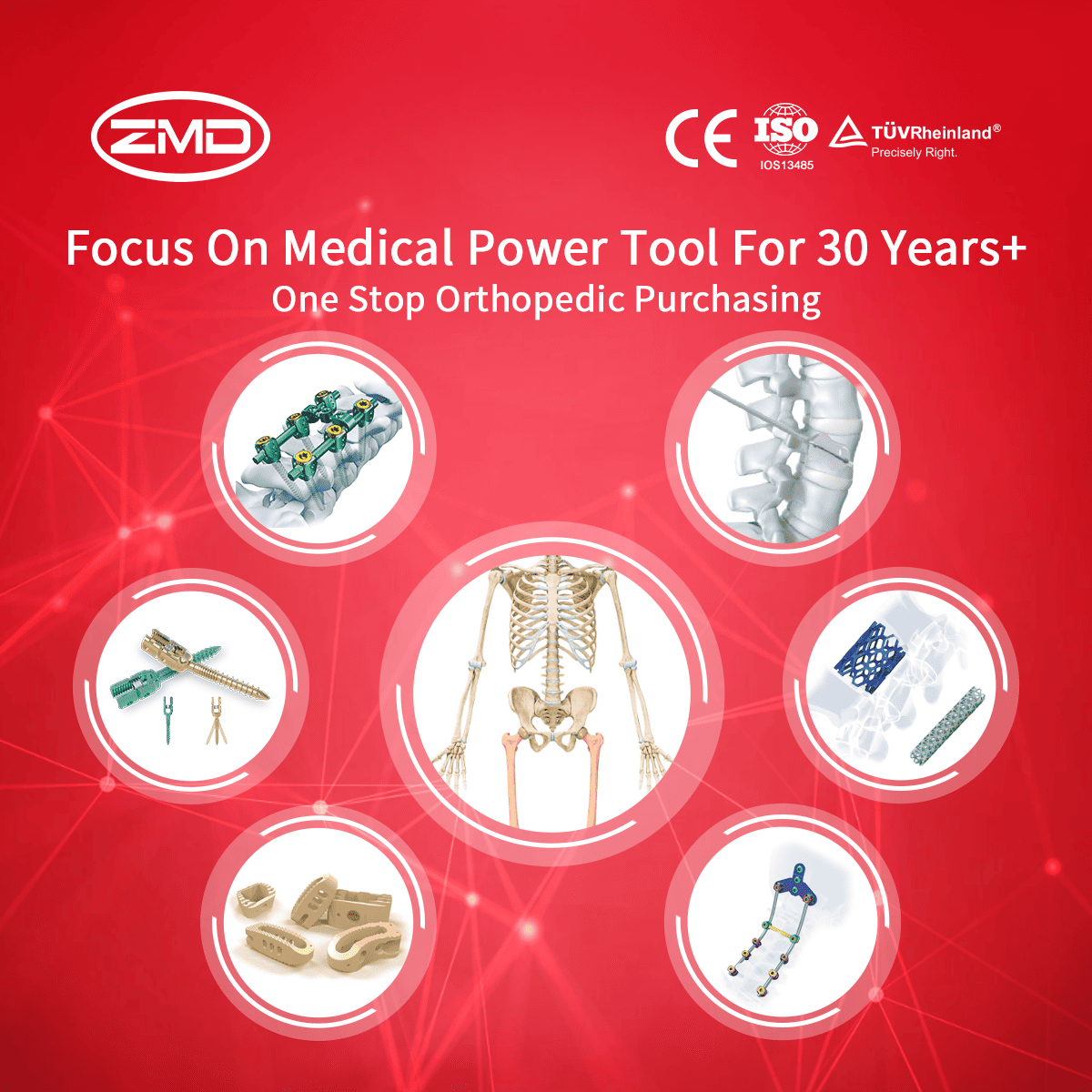How Are Orthopedic Implant Trials Related to RWE and Observational Research?
Orthopedic implant trials are typically conducted in controlled clinical environments to assess the safety and efficacy of devices. However, these trials are not always fully representative of how the implants will perform in real-world settings. This is where Real World Evidence (RWE) and observational research come into play.
Although clinical trials for orthopedic implants focus on specific patient populations and controlled conditions, the data collected can still be valuable for RWE and observational studies. By examining how orthopedic implants perform in the broader, more diverse patient population, including those with co-morbidities or varying lifestyles, these studies provide critical insights into long-term outcomes and real-world effectiveness.
The Role of Orthopedic Implant Trials in RWE:
Orthopedic implant trials may initially be conducted under highly controlled environments, but once data is collected, it can be analyzed as part of an RWE framework. This is particularly important as it allows manufacturers and healthcare providers to evaluate the real-world impact of implants, including patient adherence, post-surgery recovery, and complications that may not be captured in tightly controlled trials.
How Data from Controlled Trials Supports Observational Research:
Even though observational studies do not involve intervention, the data from controlled trials can provide a baseline for comparison in real-world settings. Observational studies can take this data further by observing patients over extended periods in everyday healthcare environments. This extended observation offers valuable insights into how orthopedic implants hold up in diverse, real-life conditions.
For example, a controlled trial may show that a certain implant is highly effective in a select group of patients, but observational research can reveal how it performs in a broader patient demographic, including those with different health conditions or those who are non-compliant with post-surgical care instructions
In summary, while orthopedic implant trials begin as controlled studies, they naturally feed into the RWE and observational research ecosystems, ensuring that manufacturers and healthcare providers have a well-rounded understanding of the devices’ performance in the real world. This holistic view is crucial for improving patient outcomes and advancing product innovation




